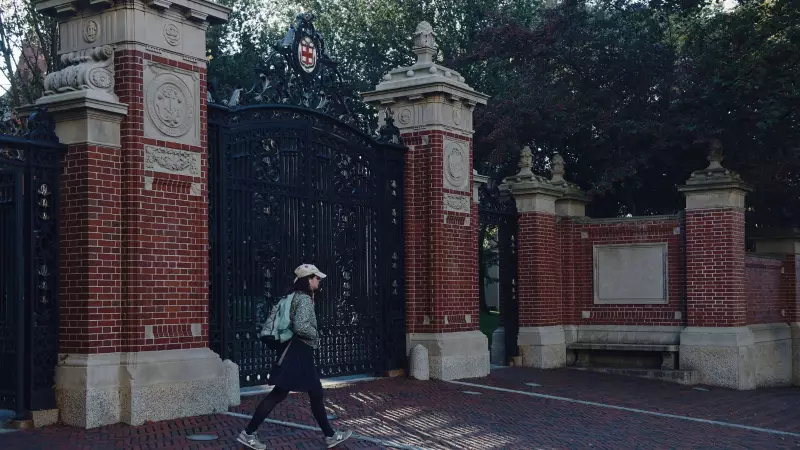
In a remarkable display of institutional defiance, American universities are emerging as powerful opponents to former President Donald Trump's controversial policy agenda. The academic community is transforming campuses into battlegrounds where education policy meets political resistance.
The Academic Frontline Expands
What began as isolated protests has evolved into a coordinated movement across prestigious institutions. University administrations, faculty members, and student bodies are uniting to challenge policies they view as detrimental to academic freedom and international collaboration.
International Student Protection Efforts
At the heart of this resistance lies a fierce commitment to protecting international students and scholars. Universities are implementing protective measures, legal support systems, and advocacy programs to shield their diverse academic communities from policies perceived as exclusionary.
Administrative Pushback Strategies
Academic institutions are employing multiple strategies in their opposition:
- Legal challenges against policies affecting international scholars
- Public statements condemning restrictive measures
- Internal policies protecting vulnerable student populations
- Coalition building with other educational institutions
The Broader Political Implications
This academic resistance represents more than campus activism—it signals a fundamental shift in how educational institutions perceive their role in the political landscape. Universities are increasingly positioning themselves as guardians of democratic values and global cooperation.
The growing tension between the Trump administration and higher education institutions highlights deeper questions about academic independence, the role of universities in society, and the future of international education in the United States.





